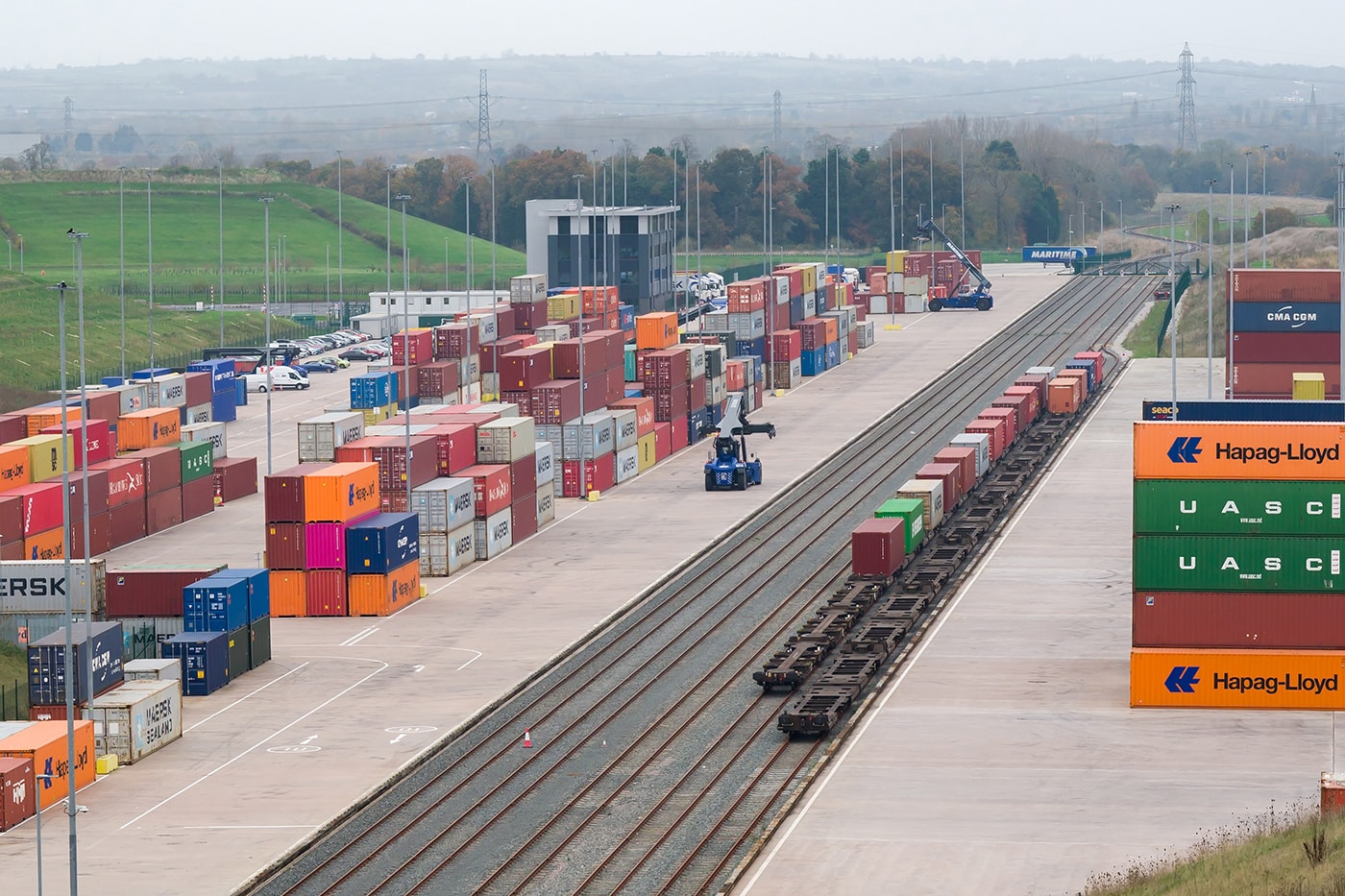Designed to attract major domestic and international investment, these hubs of enterprise will allow places to carry out business inside a country’s land border but where different customs rules apply. At a Freeport, imports can enter with simplified customs documentation and without paying tariffs. Businesses operating inside designated areas in and around the port can manufacture goods using the imports and add value before exporting again without ever facing the full tariffs or procedures. If the goods move out of the Freeport into another part of the country, however, they have to go through the full import process, including paying any tariffs.
Freeports are similar to free zones, or ‘enterprise zones’, which are designated areas subject to a broad array of special regulatory requirements, tax breaks and government support. The difference is that a Freeport is designed to specifically encourage businesses that import, process and then re-export goods.
The East Midlands Freeport’s business case sets out how the Freeport would deliver its vision.
Further Reading
For more information on the Freeport agenda, visit these useful links on Gov.uk:
- HM Government’s Response to the Freeports Consultation, November 2020 (PDF)(link is external)
- HM Treasury and HM Government’s Freeports Bidding Prospectus, November 2020 (PD…(link is external)
- Information and guidance on Freeports operating within England(link is external)
- UK Freeports Programme Annual Report 2022
